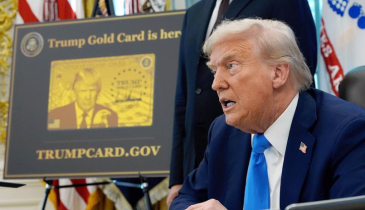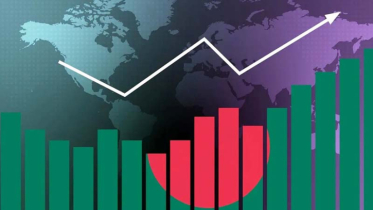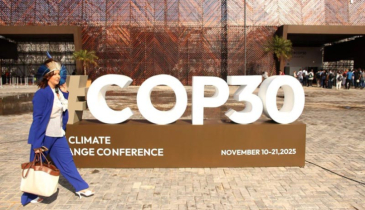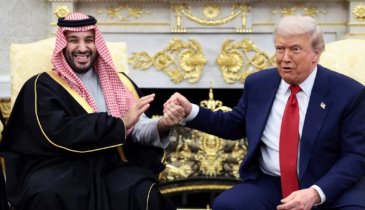Geopolitical turmoil puts brakes on ambitious Europe-Asia trade route
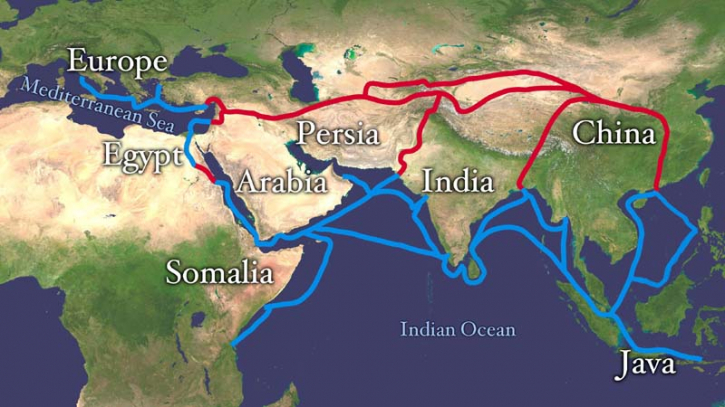
A grand plan to reroute trade between Europe and Asia through the Middle East faces significant obstacles as tensions escalate in the region.
The India-Middle East-Europe Economic Corridor (IMEC), a project championed by Washington and key allies, is currently in jeopardy due to the ongoing Israel-Hamas conflict. This ambitious initiative, designed to create new rail links across the Arabian peninsula, has been put on hold amid Houthi attacks disrupting shipping in the Red Sea and escalating turmoil throughout the area.
The IMEC project served multiple strategic purposes for the United States, including countering China's Belt and Road infrastructure program, expanding influence in the 'Global South,' and expediting potential diplomatic reconciliation between Israel and Saudi Arabia.
Romana Vlahutin, former European Union special envoy for connectivity and now a distinguished fellow at the German Marshall Fund, highlighted the geopolitical significance of IMEC, stating, 'This is a project that made Iran, China, Russia, even Turkey nervous. Maybe that is the best proof of its strategic importance.'
In light of the recent violence in the Middle East, discussions about the IMEC project have been diverted, according to a source familiar with the plans.
The US and Europe, in their competition with China for global influence, have encountered challenges in gaining support in the developing world. The IMEC project, forged at the September Group of 20 summit through a three-way handshake between US President Joe Biden, Indian Prime Minister Narendra Modi, and Saudi Crown Prince Mohammed bin Salman, was touted as a game-changing regional investment.
Analysts also viewed IMEC as a significant step toward the US administration's larger goal—a diplomatic agreement between Israel and Saudi Arabia. National Security Advisor Jake Sullivan, speaking in Davos, acknowledged the US intention to work toward a comprehensive deal involving normalization between Israel and key Arab states, along with a political horizon for Palestinians.
However, the outbreak of the Israel-Hamas conflict, triggered by Hamas's attack on October 7, has now jeopardized the broader regional stability, raising concerns about potential spillover effects involving Iran-backed Hamas allies such as the Houthis and Hezbollah, further complicating the situation for the US and its allies.
.png)



